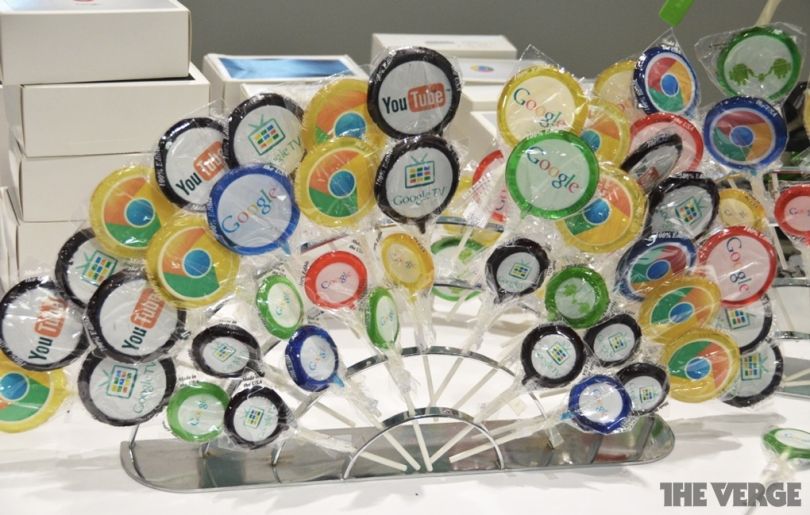Failure is a feature: how Google stays sharp gobbling up startups
By Ben Popper, September 17, 2012

Since its early days, Google has looked outside itself for inspiration on new directions its business could take. The search giant’s mergers and acquisitions team set new records in 2010 and 2011 for the sheer number of companies it acquired. Last year alone it bought up 25 companies, one every two weeks. If you count the firms acquired for patents and intellectual property, the total number is a whopping 79. Taking a look at Google’s peers, it becomes clear just how astonishing these numbers are. Facebook bought just ten companies in 2011; Apple, Amazon, and Microsoft only three apiece.
The pace of acquisition has certainly slowed a little in 2012, with only eleven so far, counting the acquisition of Snapseed-creator Nik Software we reported on this morning. But one of the deals which closed this year was the $12 billion purchase of Motorola Mobility, by far the most money Google has ever spent on an acquisition and the largest number of new employees. It’s also a purchase far outside its comfort zone of software.
Google has taken plenty of flack for its extremely broad — some would say lack — of focus. But by and large it’s been the most successful among the massive tech firms when it comes to incorporating new companies. Doubleclick and AdSense, both acquired, are major drivers of Google’s revenue. YouTube dominates online video. Android goes head-to-head with Apple in mobile. And it’s not just companies that are bolted on whole cloth. Premier products like Google Maps, Docs, Analytics, and Voice were also crafted in large part by teams brought in from outside.
Perhaps the most striking fact touted by the Google? In Silicon Valley, the natural order for founders who are acquired is to work in a company for a short period of time while their stock options vest, then leave to start something new. "Holding onto a founder for a year is considered an accomplishment," says venture capitalist David Packman. Yet according to David Lawee, who runs the company’s M&A department, founders from nearly two thirds of the startups acquired by Google are still with the company.
Is there something special about Google’s DNA that makes it particularly adept at buying and integrating other companies? And has this aggressive M&A been key to Google’s success? That was the question I had come to answer.



